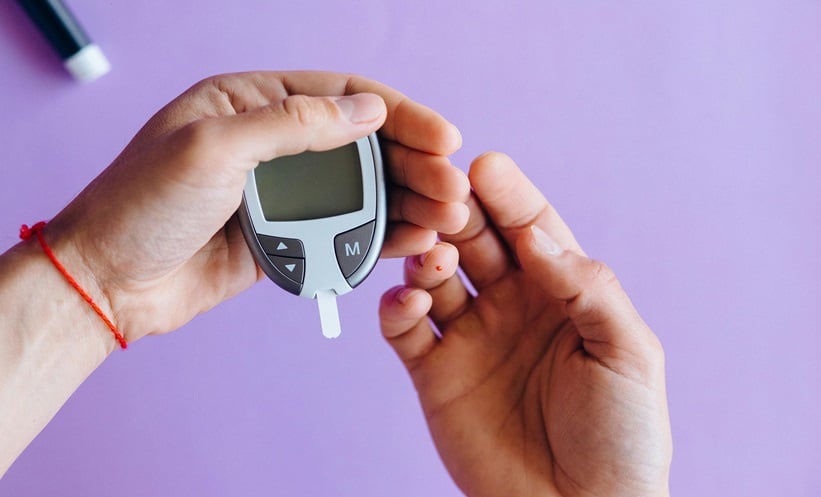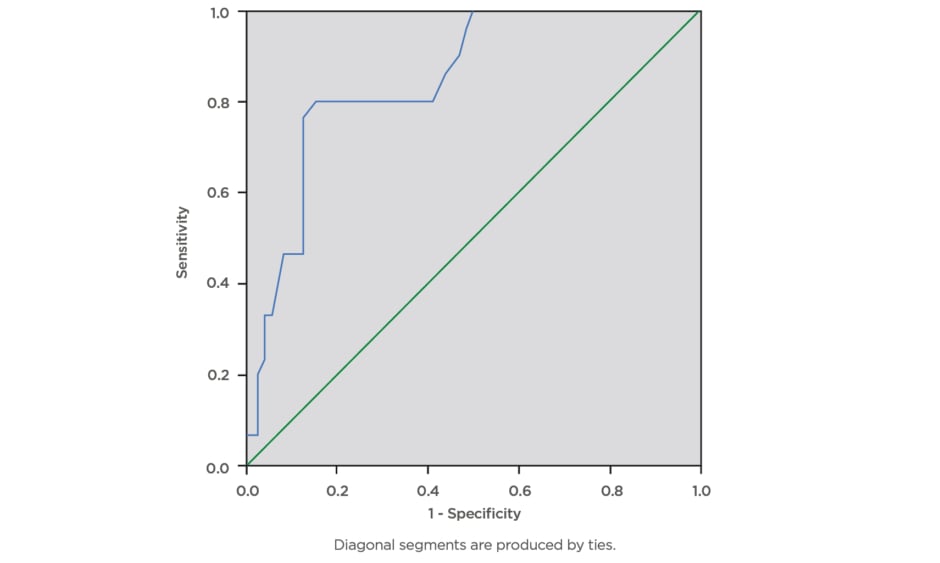INTENSIVE control of blood glucose early on can minimise the lifetime risk of diabetes-related complications, including heart attacks, kidney failure, and vision loss, if managed early enough, according to research presented at the 67th Japan Diabetes Society meeting in Tokyo. Researchers from the Universities of Oxford and Edinburgh analysed data from the UK Prospective Diabetes Study (UKPDS), a 20-year-long clinical trial in type 2 diabetes, and data from the National Health Service (NHS). Professor Rury Holman, the Chief Investigator of the UKPDS, explained that “People may have type 2 diabetes for several years before being diagnosed as they may have few symptoms until their blood sugars become substantially elevated,” he said.
The UKPDS involved random allocation of patients with type 2 diabetes to either an intensive blood glucose control strategy with sulfonylureas, insulin, or metformin or a conventional blood glucose control strategy. The trial’s 20-year results, published in 1998, showed that early, intensive blood glucose control reduces the risk of diabetic complications. This subsequently led to worldwide guideline changes recommending intensive blood glucose control for everyone with type 2 diabetes.
Following this 1998 clinical trial, a 10-year post-trial monitoring study published in 2008 revealed that those initially allocated to intensive control continued to experience fewer diabetic complications for up to 24 years after the trial ended. In particular, early intensive control with insulin or sulfonylureas led to 10% fewer deaths, 17% fewer heart attacks, and 26% fewer diabetic complications. Similarly, blood glucose control with metformin resulted in 31% fewer heart attacks and 20% fewer deaths. These treatments remain commonly used worldwide at low cost. Professor Amanda Adler, Director of the Diabetes Trial Unit, emphasised the importance of early treatment, stating, “This shows that treating type 2 diabetes early and thoroughly is crucial. Playing catch-up with blood glucose control is not sufficient.’
The results highlight the importance of long-term clinical trials in combination with access to NHS data. Dr Will Whiteley, Professor in Neurology and Epidemiology at the University of Edinburgh, explained, ‘Following up UKPDS participants for up to 42 years was possible only with the rich linked NHS data sources across UK nations. This meant we could study the effects of treatments given in midlife on diseases of ageing, such as dementia. This shows the value for clinical trials of accessing NHS data.’
Reference:
Adler, A.I et al. Post-trial monitoring of a randomised controlled trial of intensive glycaemic control in type 2 diabetes extended from 10 years to 24 years (UKPDS 91). The Lancet. 2024;DOI:10.1016/S0140-6736(24)00537-3








